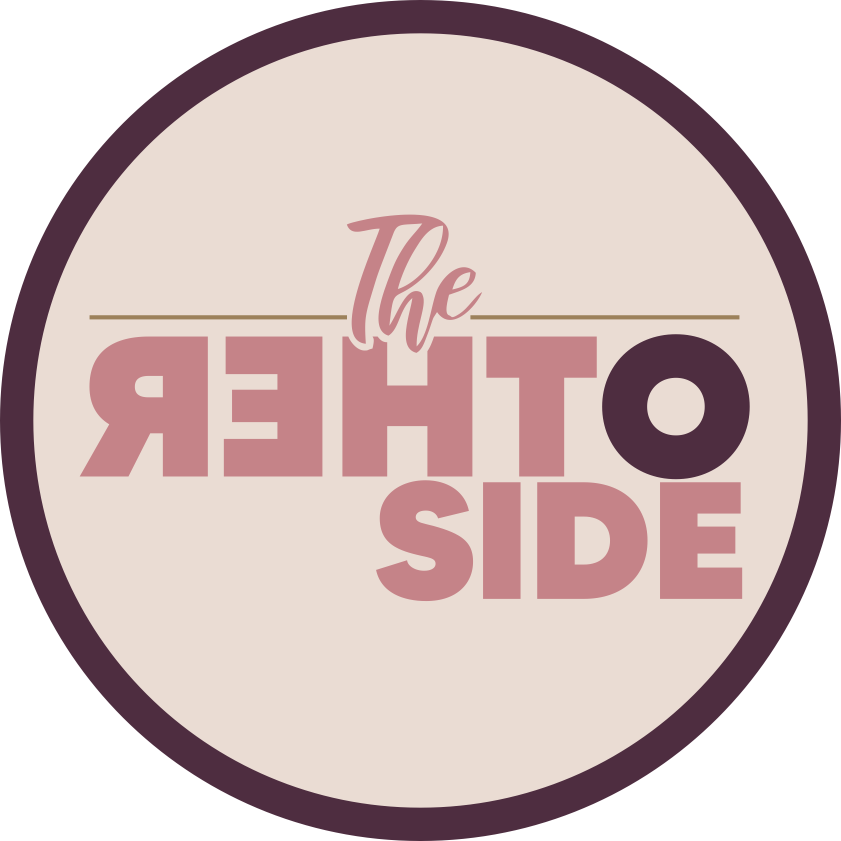Are You Projecting?
I’ve heard it said, “you don’t see people as they are, you see people as you are”, and there’s so much truth to that. If you’ve ever had someone accuse you of something, seemingly out of the blue, with no knowledge of where the accusation came from, you know the impact of not being seen as you are. You hadn’t even considered doing what they said you’ve done, and yet it doesn’t seem to matter. They’ve determined you’re guilty simply because they said so. This is a classic example of projection, and most of us do it. Projection is the imposition of one’s own perspective – thoughts, feelings, & behaviors – onto others, and it’s most easily identified when the perspective tows the line of the unacceptable, like tendencies toward cheating, stealing, etc.
Projection, however, can be equally as damaging, possibly even more damaging, when we, without evidence, assume others share our positive perspectives. Many people everyday find themselves in abusive or dangerous situations with others because they assume that others are inherently good, simply because they themselves endeavor to be good to others. Women overlook bad behavior in men, parents excuse a lack of discipline in their children, and strangers let down their guard, all because of a commitment to seeing the best in people.
The reality is, people lie, cheat, steal, and kill every day, and though it is my hope that none of those circumstances happen to you, it is your responsibility to protect yourself. In fact, I was recently touched by the story of Lyntell Washington, a pregnant Baton Rouge woman who was murdered in front of her 3-year-old daughter by her then boyfriend. She believed he was better than all the men she dated before him, and she was mistaken, he was much worse. She confronted him about lying, and threatened to disclose their affair to his wife, and he killed her. If that weren’t bad enough, he attempted to use another girlfriend to get away with it. I imagine Lyntell had questions prior to discovering his lies, and I imagine she used projection to excuse those questions so she would not be seen as difficult or combative, and because she likely believed the best, in the face of the worst, she lost her life. Questions are protection; and in order to ask effective questions, you must maintain an awareness of the truth. Ducks quack, liars lie, and thieves steal; and when you excuse and overlook that behavior, you set yourself up to be harmed. Often it seems easier to just trust people, to not maintain boundaries, or to be nice; the truth is the people who approach interpersonal interactions this way are more likely to be harmed. Most people will not be like Lyntell Washington; however, the damage of emotional abuse alone can take years to recover from. Please understand, you can’t afford to see the best in people, you must see the truth, even when the truth makes absolutely no sense to you; and at times, it won’t.
I regularly listen to women share stories of the harm being done to them by men they once loved, and it pains me because I know that at some point, they projected positive thoughts and feelings onto these men to settle for less than they ever deserved. It pains me much more to hear about the harm being done by their family and friends, during the aftermath of the breakup, who can’t understand how low these men will go to destroy their former mates, and that there are systems that support them.
The truth is, it is useful for children in challenging environments to escape reality in this way, it is harmful when we continue to do it into adulthood, to ourselves and potentially to others. It's time to call a spade a spade. We uphold problematic systems, positions, and relationships when we fail to simply accept the truth that the humanity can be anything from graceful and kind to devious and diabolical, even when the person before us once played the role of graceful and kind. There’s nothing more that’s required from us but that we simply pay attention and open ourselves to the facts of what people do, and ultimately who they are, and the only thing required to do so is time.




